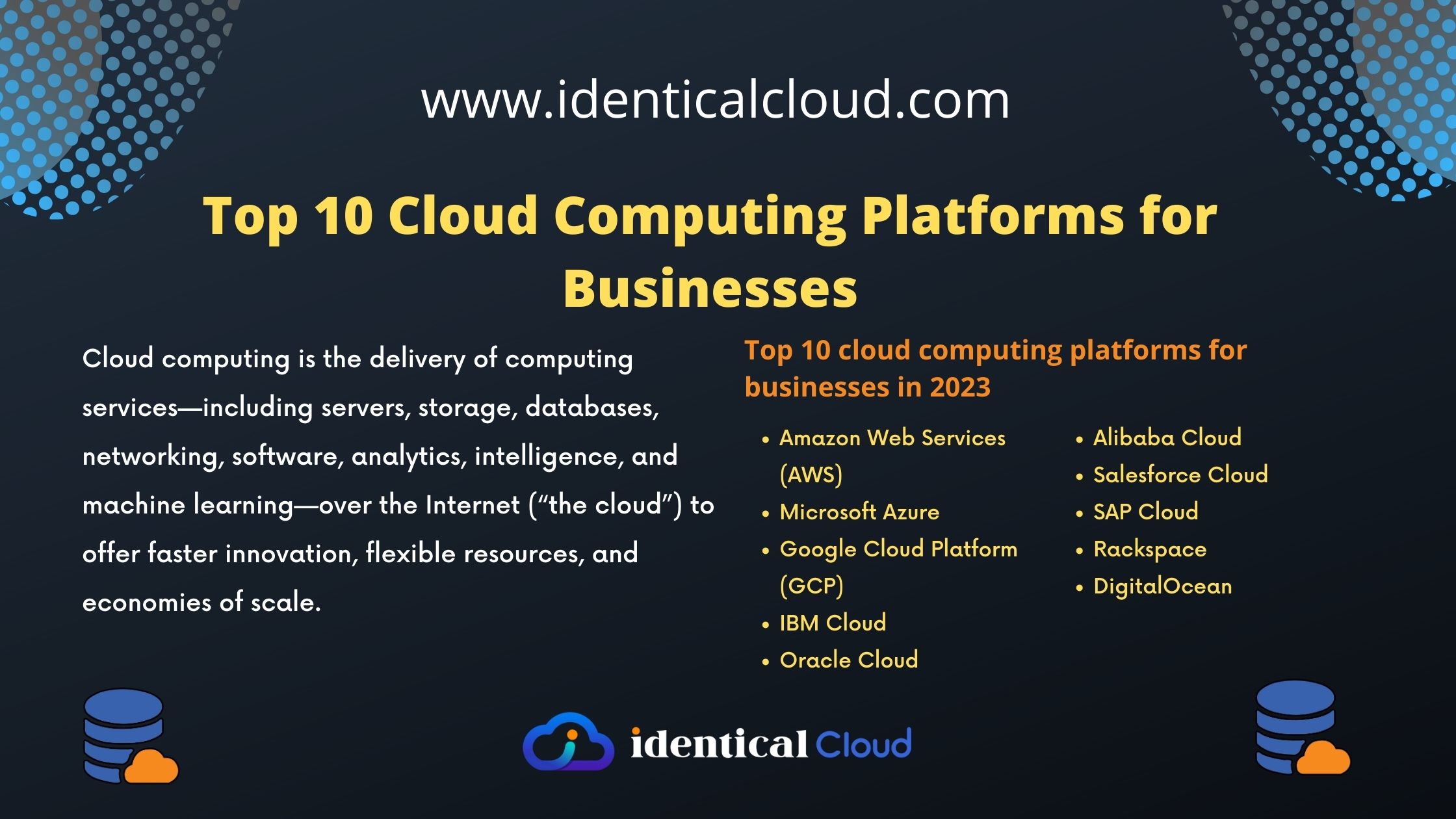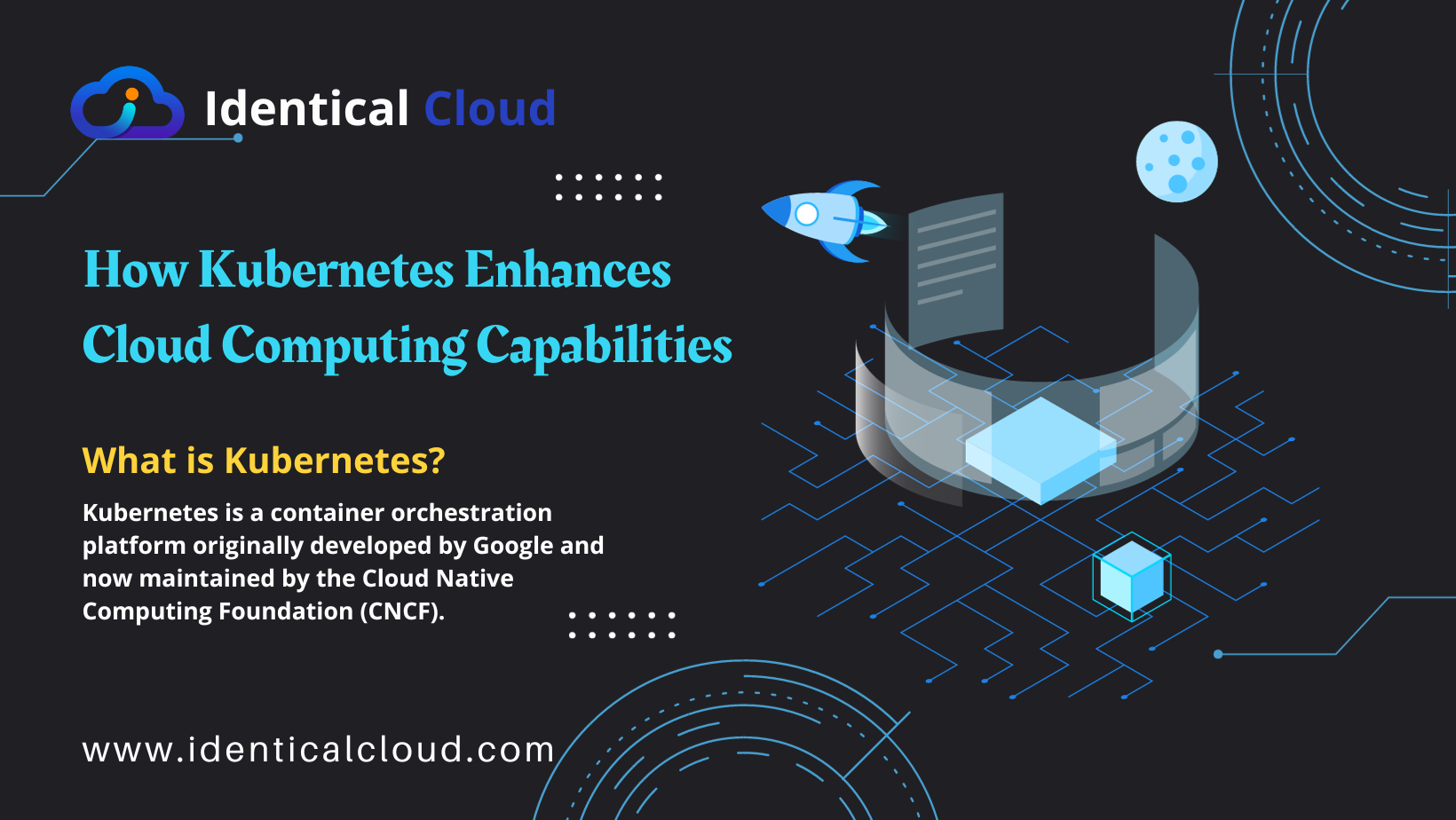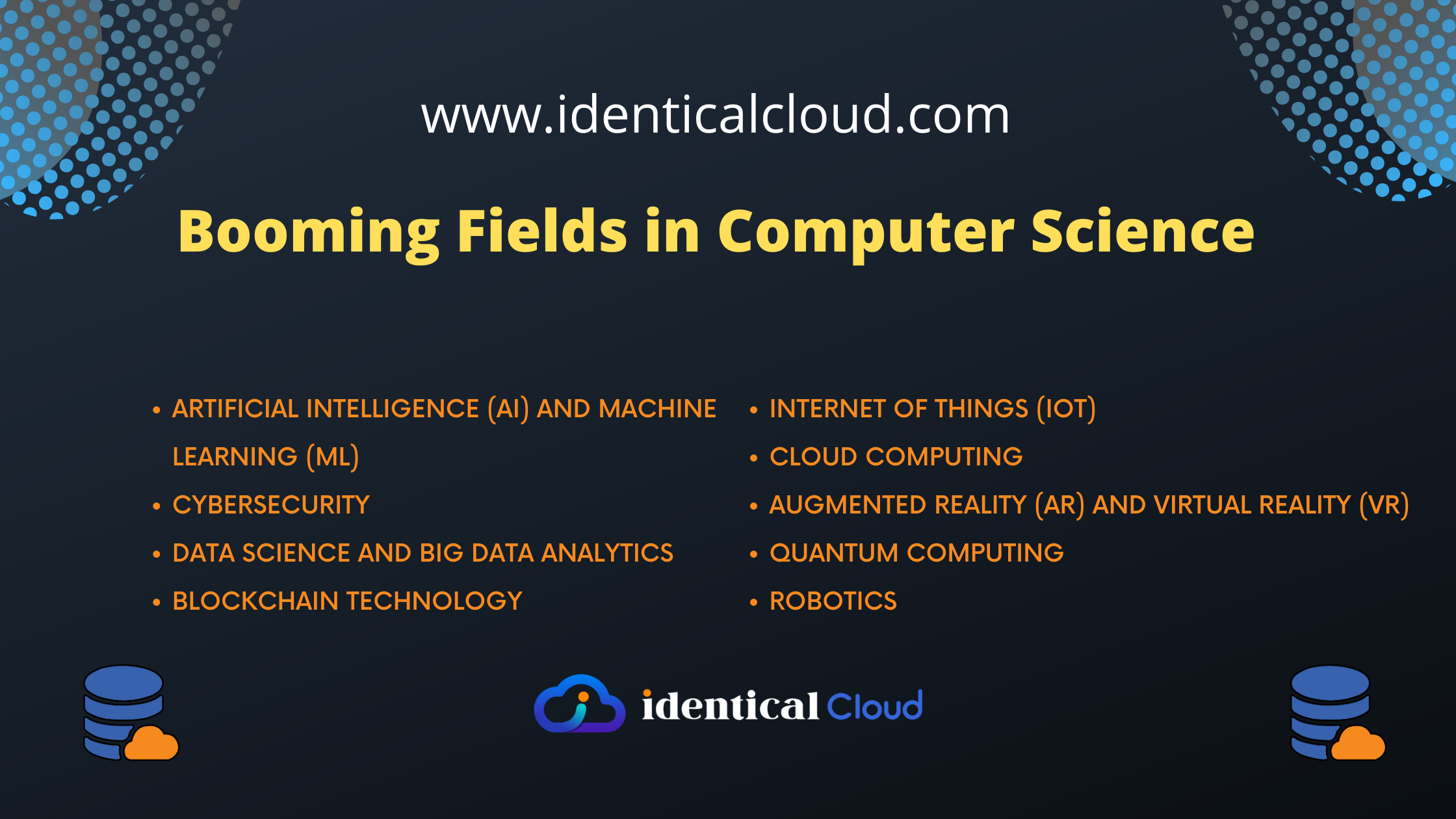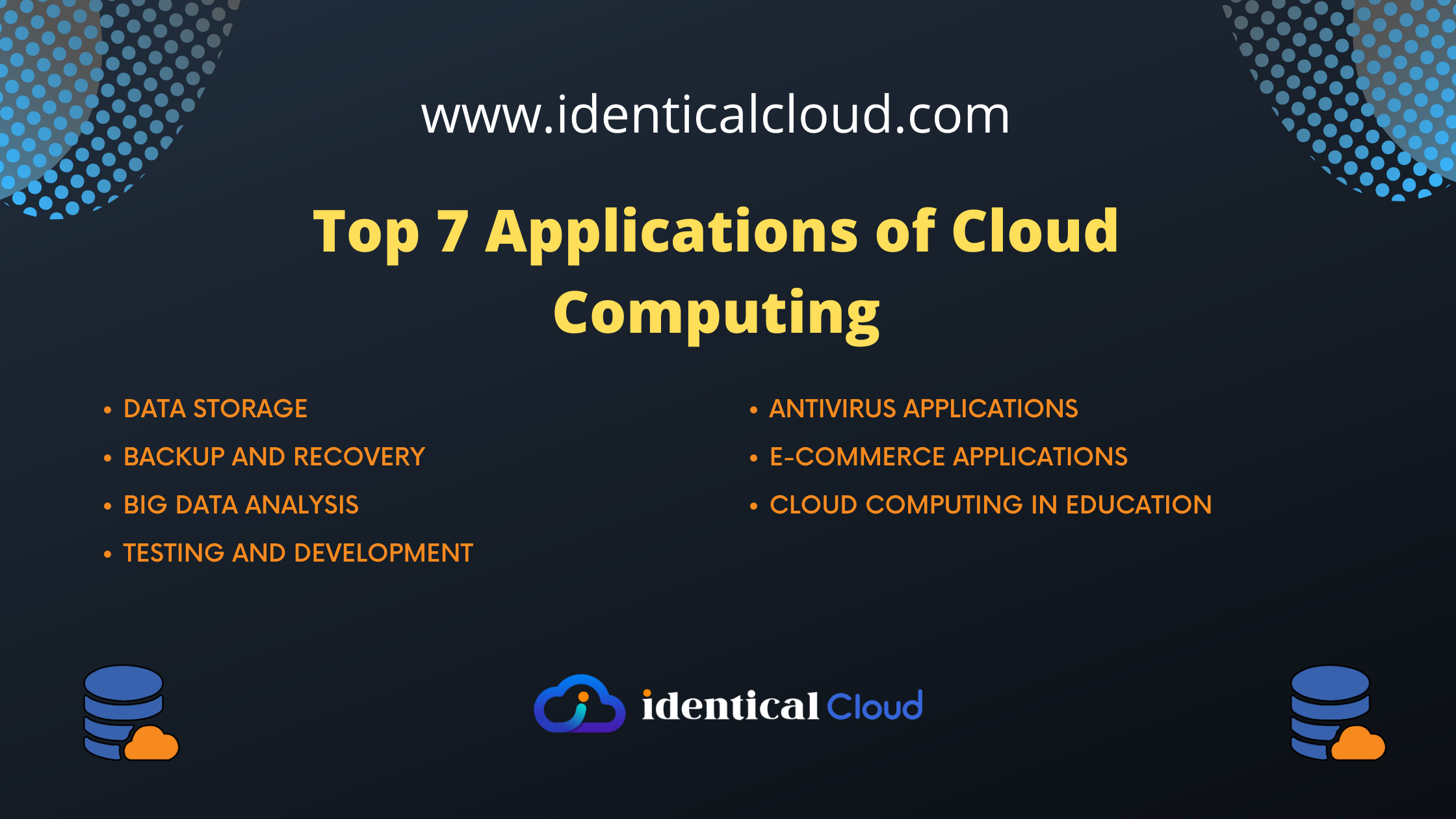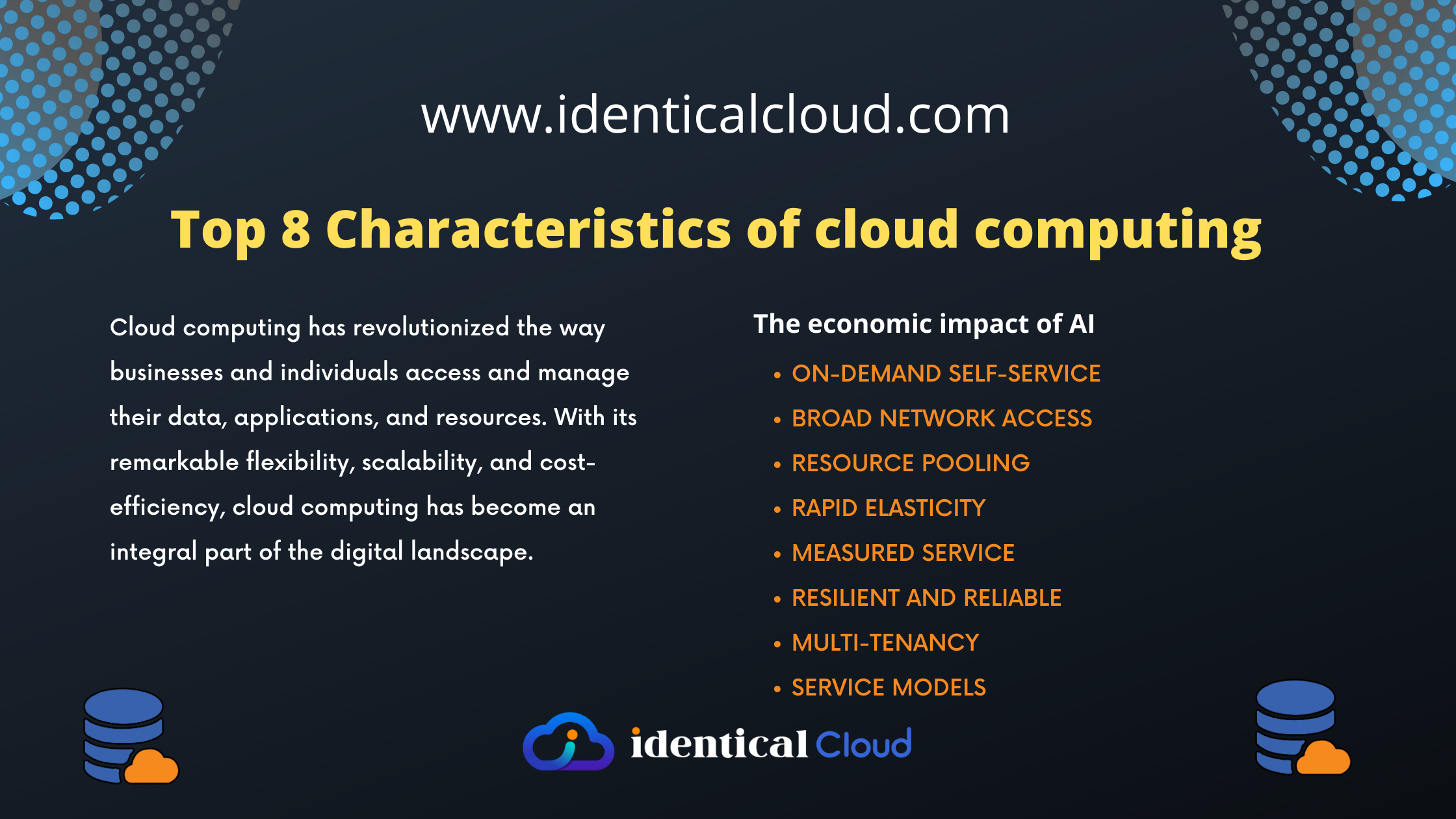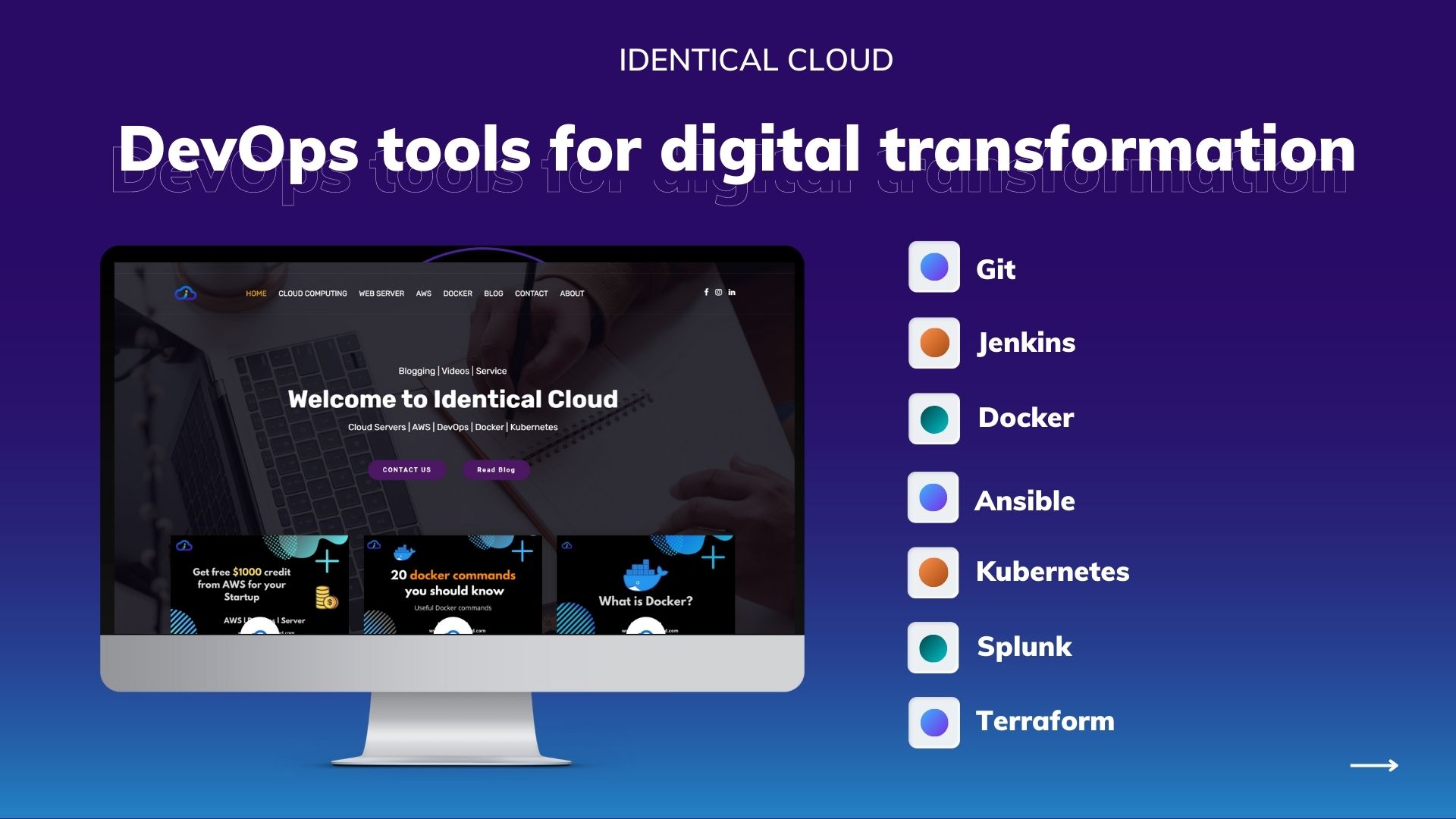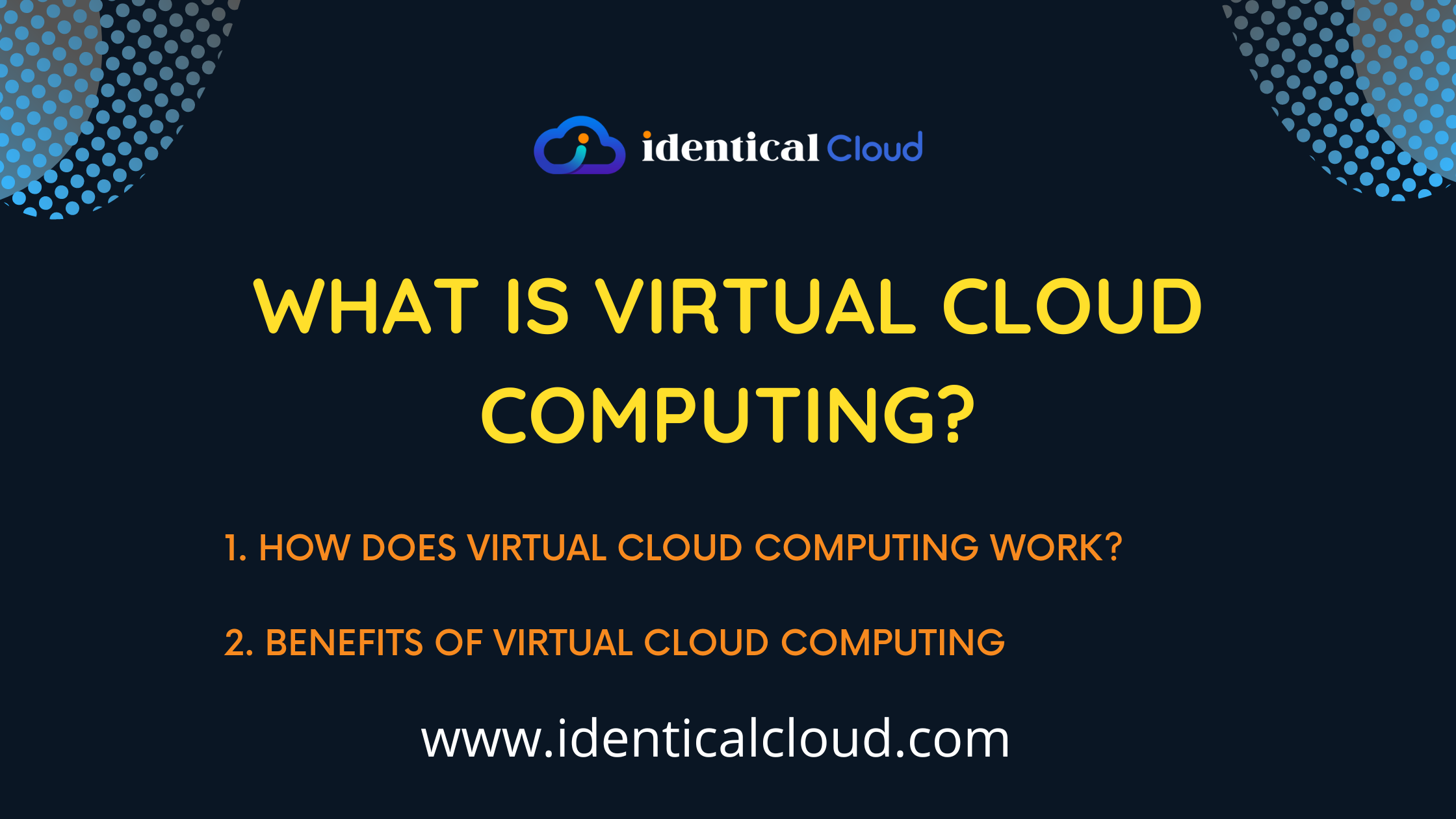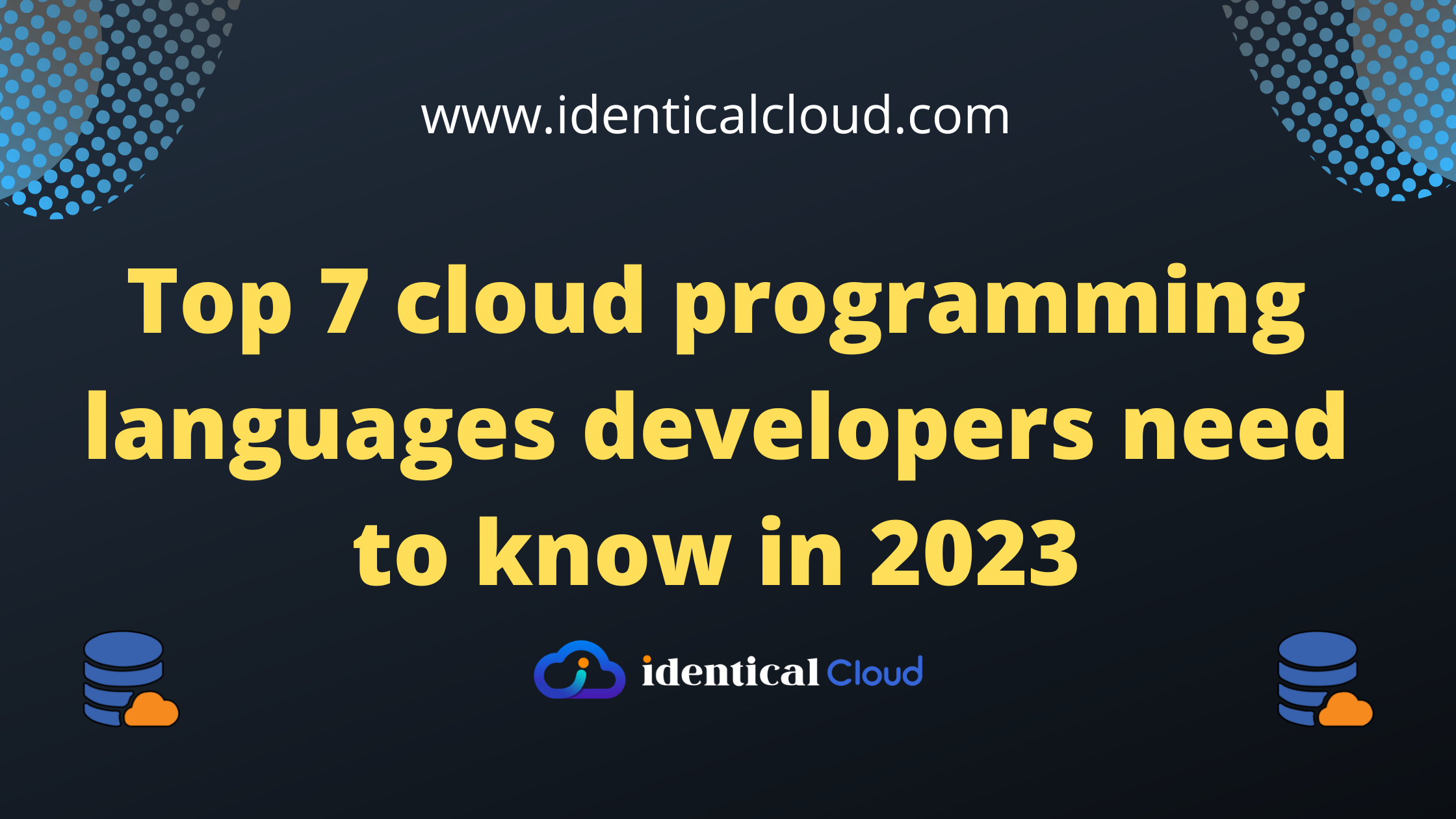Top 10 Cloud Computing Platforms for Businesses
Cloud computing platforms offer businesses a wide range of benefits, including scalability, cost savings, agility, and security. This blog post lists the top 10 cloud computing platforms for businesses in 2023, including Amazon Web Services (AWS), Microsoft Azure, Google Cloud Platform (GCP), IBM Cloud, Oracle Cloud, Alibaba Cloud, Salesforce Cloud, SAP Cloud, Rackspace, and DigitalOcean.

